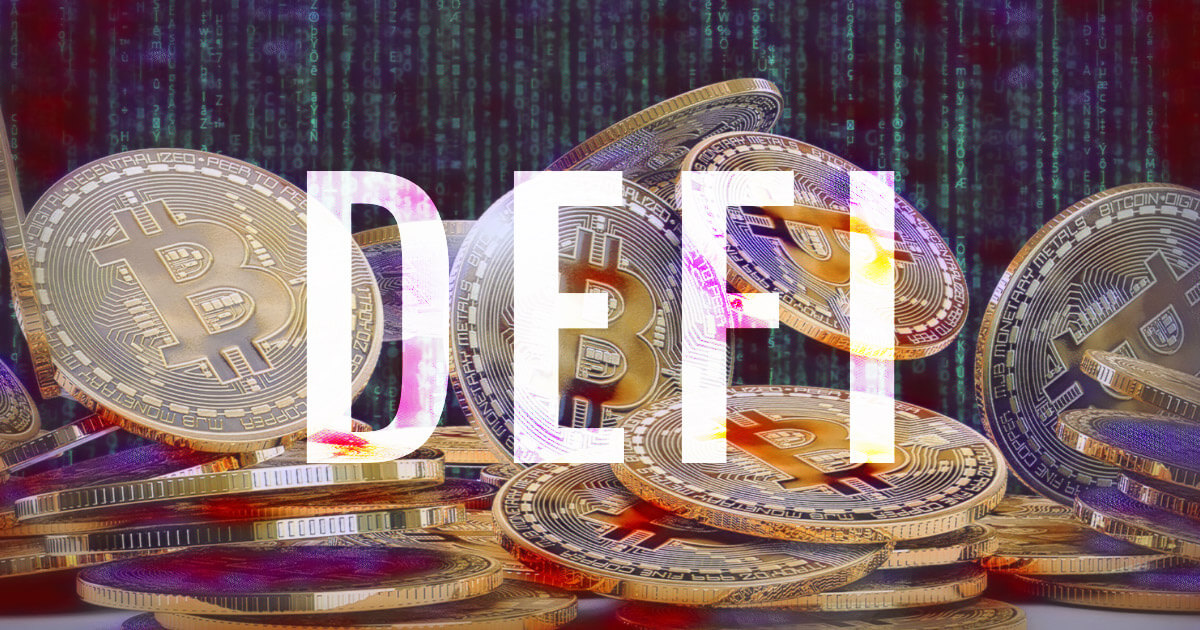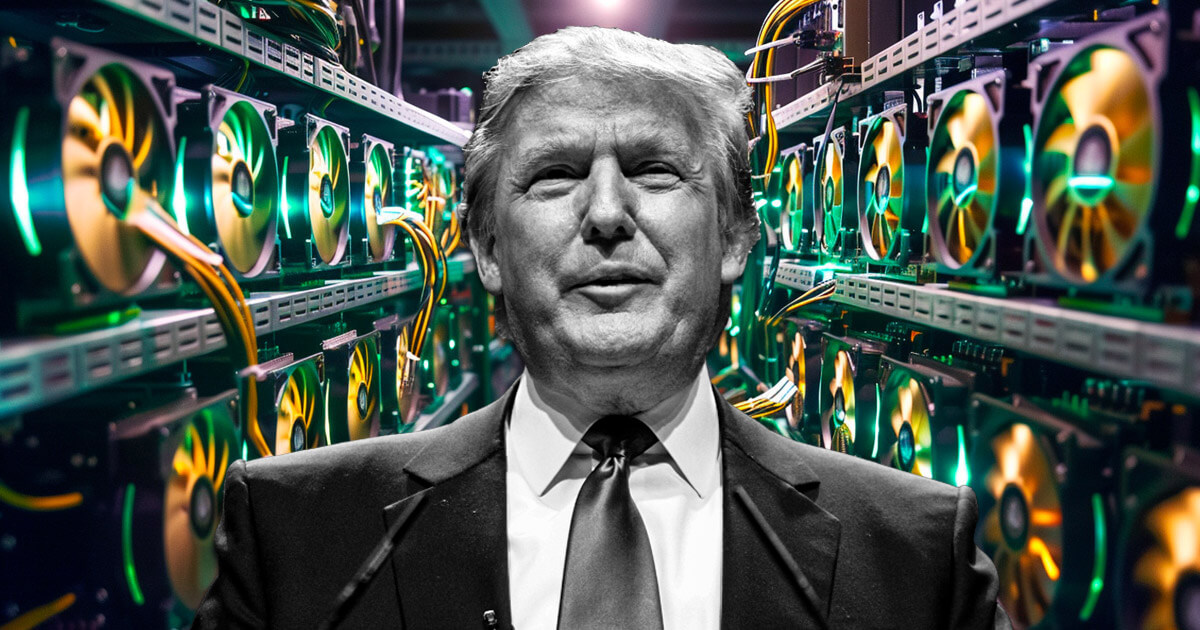Recent onchain analysis indicates that the recent sell-off in Bitcoin was not primarily driven by ETF transactions but by actions from long-term Bitcoin holders.
Contrary to earlier beliefs that institutional movements were behind Bitcoin’s price fluctuations, it appears that the dip to
$92,774, as observed at 8:52 am UTC on Nov. 26, is attributed to seasoned Bitcoin investors. This marks a 5.6% decrease in the past day, according to Cointelegraph.
Eric Balchunas, a senior ETF analyst at Bloomberg, pointed out that the downturn was not instigated by institutional investors or the activities surrounding exchange-traded funds (ETFs). He highlighted the role of long-term Bitcoin enthusiasts, commonly referred to as hodlers, in this recent price adjustment.
In a recent X post dated Nov. 25, Balchunas remarked:
“The confusion/frustration on CT about why BTC’s price isn’t climbing despite substantial purchases, like Saylor’s $5b acquisition, mirrors the queries about ETFs following significant inflows. The data corroborates my longstanding assertion: the pressure is internal, originating from long-term hodlers.”
This price correction follows closely on the heels of Bitcoin achieving its largest monthly candle ever, soaring to over $99,000 on Nov. 22. Despite this setback, some market analysts maintain a bullish outlook, anticipating Bitcoin could still hit the $100,000 milestone before month-end.
The downturn is seen by some as a healthy adjustment necessary for the longevity of Bitcoin’s current rally, especially given the increasing leverage within the cryptocurrency markets. Kris Marszalek, co-founder and CEO of Crypto.com, had earlier voiced on Nov. 12 that a market correction was essential for Bitcoin to surpass the $100,000 mark, indicating a need for deleveraging within the crypto sphere.
Despite expectations for an immediate market correction, the estimated leverage ratio in Bitcoin across all exchanges remains high at 0.24, a peak not observed since August 2023, as per CryptoQuant. This suggests that while the recent price correction occurred, a significant deleveraging event in the market has yet to transpire.




















